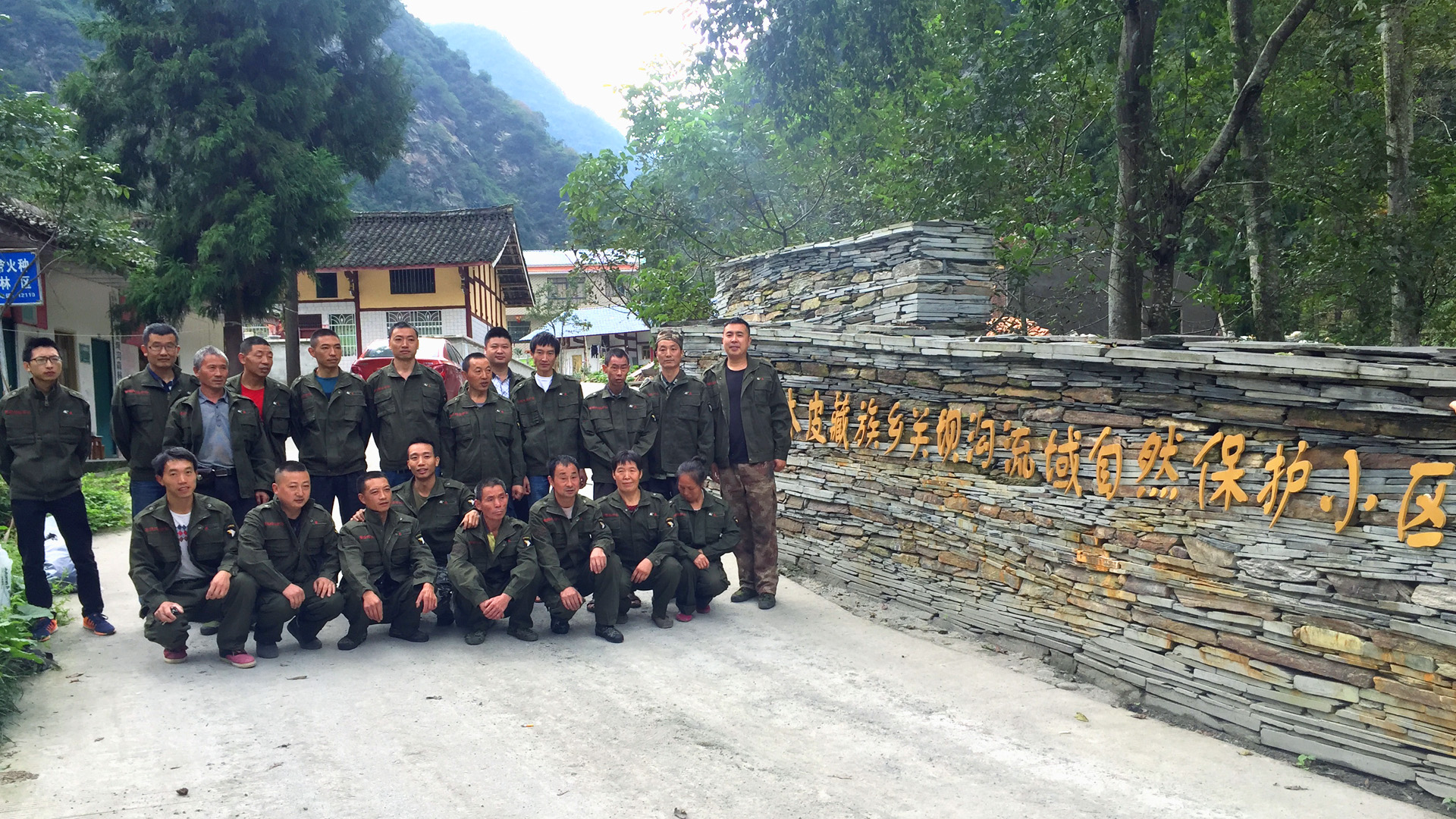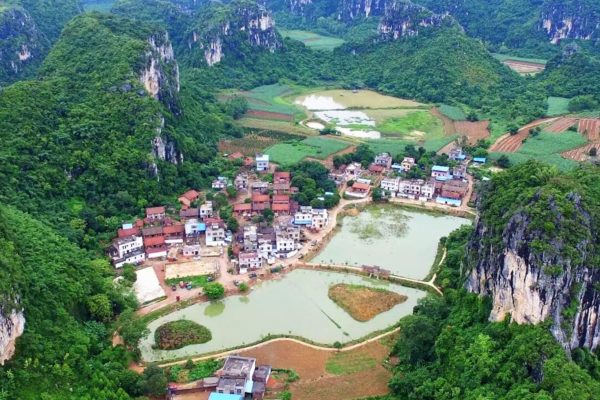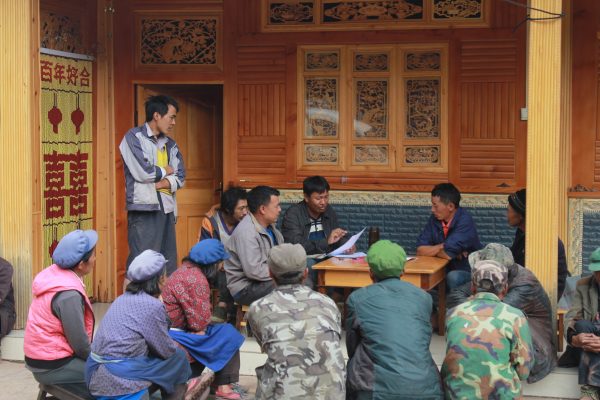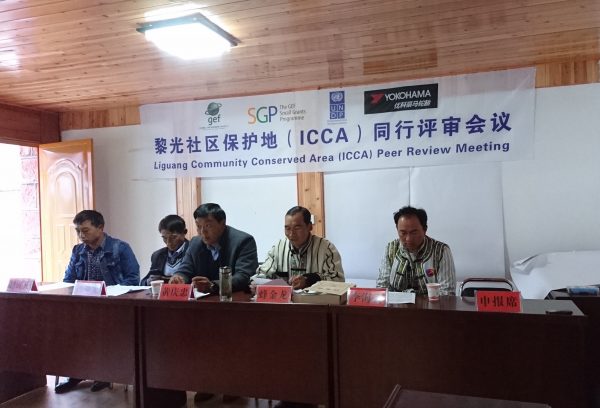An exchange workshop on community conserved areas in China's Key Ecological Areas and the ICCA China Working Group's annual meeting was held from 28-29 December 2021 in Chengdu, Sichuan
First published on 02/28/2022, and last updated on 03/03/2022
By Jie Feng, Shan Shui Conservation Center (ICCA Consortium Member)
From 28-29 December 2021, the ICCA workshop on China’s Key Ecosystem Regions, co-hosted by the ICCA China Working Group, Global Environment Facility Small Grants Programme (GEF-SGP), Zhilan Foundation, and Shan Shui Conservation Center, was successfully held in Chengdu.
The Critical Ecosystem Partnership Fund, IUCN, Conservation International, Amity Foundation, Kiehl’s, GAC Toyota, and Huatai United Securities also supported the workshop. Participants included representatives from ICCAs and practitioners from Sichuan, Yunnan, Guangxi, Qinghai, Gansu, and Beijing. Community representatives were from the communities of Guanba, Liziba, Qunan, Liguang, Heyuan, Jinhe, Qianfoshan, and Shuchang, which are protected communities whose areas are dominated by forest and river ecosystems.

On 28 December, Ms. Shen Xingna (deputy director of the community development department of Giant Pandas National Park Administration of Sichuan Province) gave a welcome speech. Prof. Luzhi (Beijing University) and Mr. Li Sheng-zhi (Sichuan Provincial Academy of Social Sciences) introduced the global background and current situation of the development of ICCAs in China. They underscored how important ICCAs are for biodiversity and shared their views that ICCAs are an example of “other effective area-based conservation measures” (OECMs, part of the Convention on Biological Diversity’s current Aichi Targets) and need to be combined with rural revitalization in China. Community representatives from the Qunan ICCA and Guanba ICCA shared their experiences and lessons learned. For example, the Qunan ICCA shared that it is important to apply traditional culture to community nature education activities and the Guanba ICCA shared that it is possible to achieve community governance through community public affairs. The Qianfoshan Ecological Forest Rangers Association and The Nature Conservancy also shared about their construction of a protected area network for Yunnan snub-nosed monkeys and reflections on ICCAs.
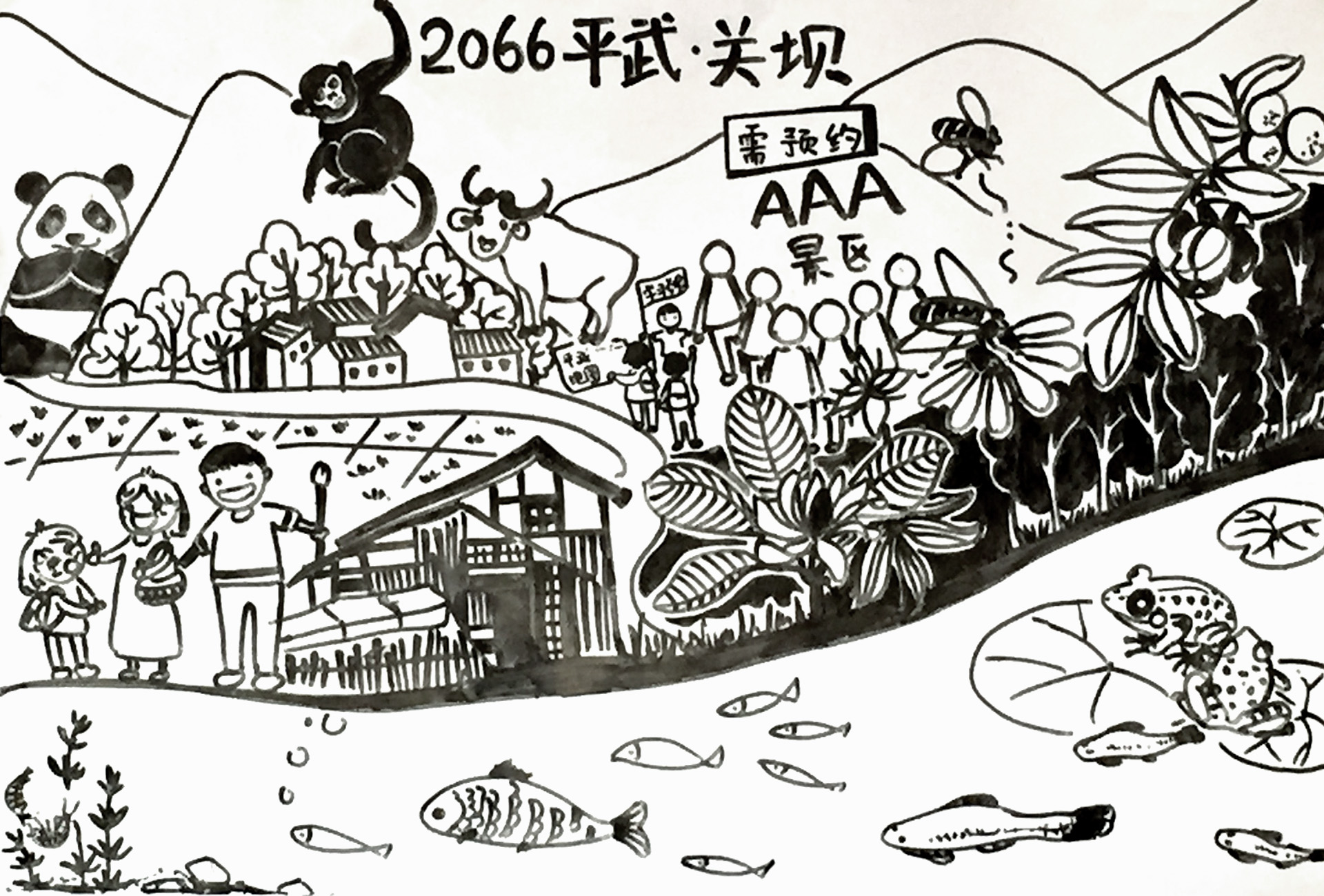
In the afternoon, Ms. Liu Yi (GEF-SGP China) introduced the resilience and security assessment tool, which has been developed through the Global Support Initiative for ICCAs. Mr. Su Zhenhao (Shan Shui Conservation Center) shared his findings using this tool. In addition, Ms. Zhang Yingyi (Zhilan Foundation and ICCA Consortium Council member for East Asia) introduced the self-strengthening guidance.
The Lijiang Health and Environment Research Center shared updates on the sustainable development and peer review of the three ICCAs in Lijing, Yunnan. Finally, to enable hands-on practice and communication during the workshop, the five communities used the self-strengthening guidance and resilience and security assessment tool and shared their thoughts and feedback.
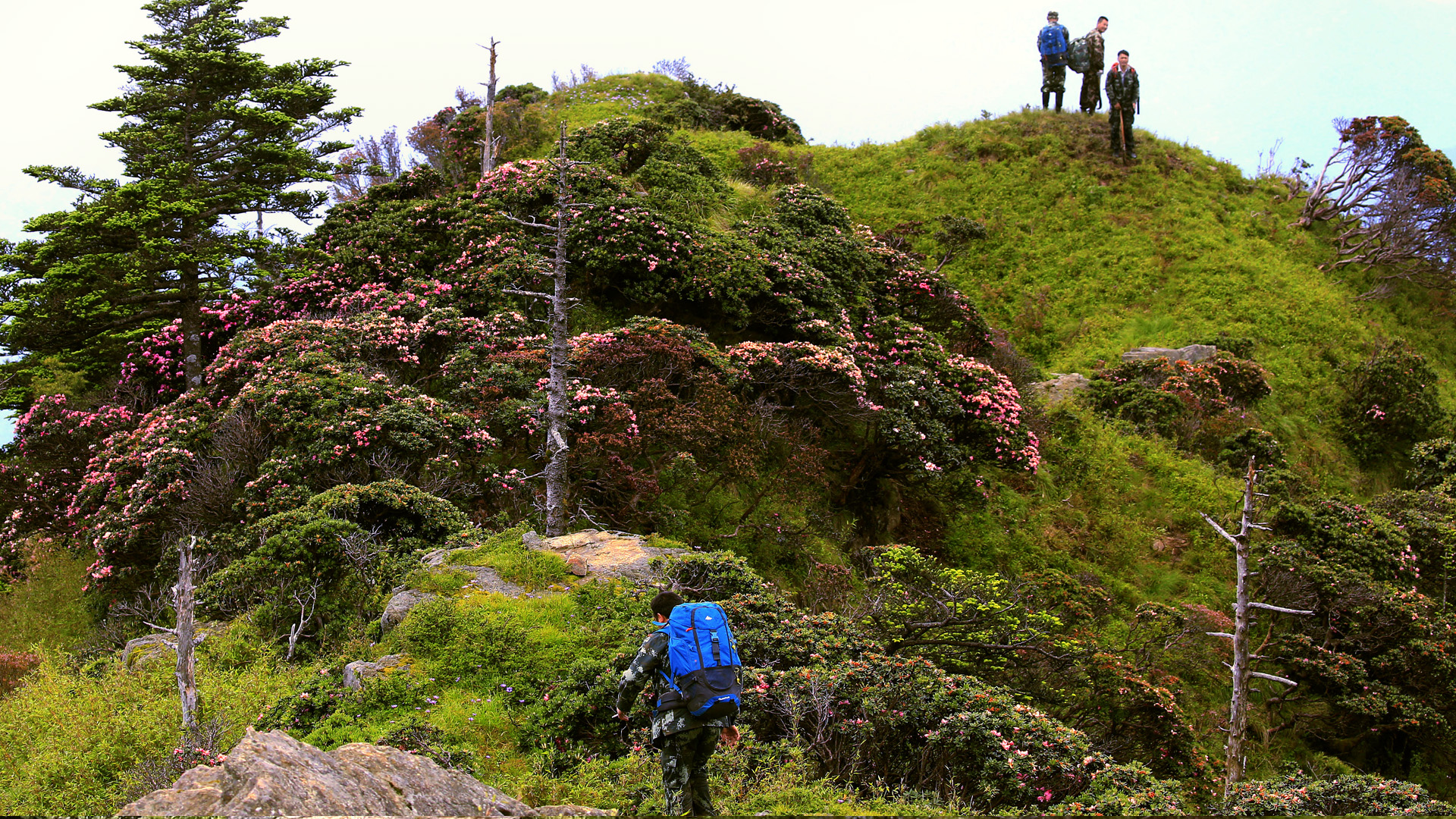
On the morning of 29 December, the representatives of ICCAs and communities went to the Chengdu Botanical Garden together and experienced an interesting nature education activity under the guidance of a nature education tutor. During the process, the representatives from the communities and the nature reserves exchanged their experiences with community-based nature education and nature reserves.
The workshop enhanced the exchange, communications, and cooperation among ICCAs and their supporting organizations in China. We hope that the workshop will help ICCAs in China identify and address their challenges, threats, and opportunities and play an important role in biodiversity conservation in China.
